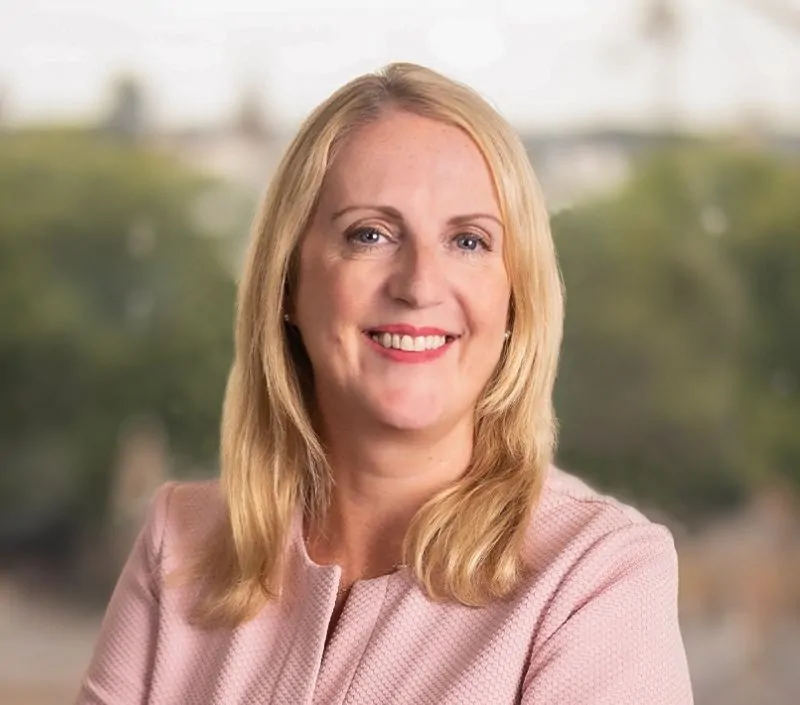Yesterday, 14 December 2021, judgment has been handed down in the case of R(BG and KG) v Suffolk County Council.
In an important judicial review decision by Mrs Justice Lang, Suffolk County Council has been found wrong in law to decide it did not have the power to assist two disabled men to go on holiday and use recreational facilities. The case supports a wide interpretation of care and support under The Care Act 2014 , in contrast to the restrictive approach taken by Suffolk County Council.
The two men are brothers, both autistic and have physical disabilities. Due to the fact they have trouble trusting external carers, they receive full time care from their mother. Suffolk County Council used to provide the men and their mother with a small annual sum that meant they could go on holiday together. Not only was this important for the brothers’ mental well-being, but it gave their mother the chance to have a break from the round the clock house-keeping, and it was also important for her wellbeing. In addition to this, the local authority also provided the family with a direct payment, enabling them to do various recreational activities that they enjoyed, such as visiting bird reserves.
All of these benefits were suddenly revoked when Suffolk County Council decided that direct payments could no longer be used to fund entrance fees, travel or accommodation. The authority offered to pay for the brothers to go on holiday without their parents, which evidently was not possible given their trust issues.
Under the Care Act 2014, the powers and duties of a local authority to support disabled people encompasses financial assistance, and therefore Suffolk County Council has been found to have unlawfully restricted their consideration of how they could assist the two brothers. It has now been ordered that the County Council reassess their needs on a lawful basis.
Suffolk County Council are applying for permission to appeal.
The two men were represented by Karen May of Bindmans LLP with the assistance of Louise Plumstead of Bindmans LLP, along with Catherine Rowlands of Cornerstone Chambers.
